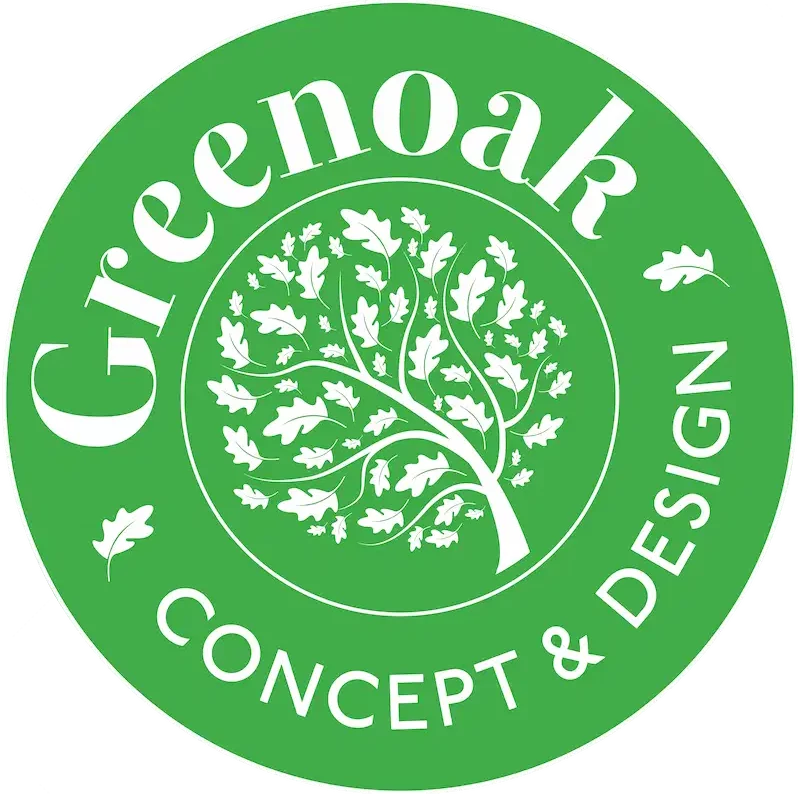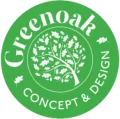Fibre-cement (HardiePlank) is a man-made cladding and roofing material. It is durable, easy to work with and available in a wide range of 21 colours and finishes to suit traditional and modern schemes. Its versatility means HardiePlank can be used for a variety of projects – and it is equally as suitable for new builds as it is for updating existing properties.
Originally developed as a low-maintenance alternative to timber siding, it is now also widely used as a budget-friendly substitute for slate – not to mention as an interesting modern material in its own right.
What is fibre-cement cladding (HardiePlank)
Fibre-cement cladding (HardiePlank) is created by mixing cellulose, fillers and fibres with water – before cement is added to form wet sheets. These are rolled and pressed to extract excess moisture. The mixture remains pliable for a short time after it’s formed, so it can be shaped into anything from small tiles through to planks and large-format panels.
The finished product can be either through-coloured or painted to achieve a specific aesthetic. The key advantage of the former is that it can help to reduce the risk of visible scratches, scuffs and chips developing over time. In addition, it won’t need repainting – so maintenance is very low.
All HardiePlank boards will be given a strong water-based or acrylic topcoat to improve weather resistance. The resulting cladding has a very low water absorption rate, is frost-proof and fire-resistant, and – thanks to the cement binder – will not rust or rot. Upkeep is simple, too, involving little more than an annual wash down with mildly soapy water.
While it is heavier than timber or PVCu, fibre-cement is nevertheless at the lighter end of the cladding spectrum. This means it is quick to install if using preferred contactors which is always strongly recommended (although do bear in mind that large panel types will need two people to lift).

How is fibre-cement cladding fixed? (HardiePlank)
With weatherboard styles, the traditional option is to nail or screw the planks onto a network of vertical battens. These fixing points should be located at appropriate centres according to the manufacturer’s instructions. The boards should overlap at the horizontal joins to encourage water run-off.
Typically, the substrate – which can be anything from masonry to timber frame – will be sheathed with a membrane, with the battens fitted on top. Their section size should be at least 20mm to allow for consistent air movement behind the cladding.
A special ventilation grill is fitted at the underside to prevent rodents getting in behind the boards, while a cap at the top inhibits rainwater ingress.
Some suppliers provide their boards pre-cut to size to ensure quality control when sealing exposed edges. They can also be cut on site using a circular saw or proprietary tool (such as James Hardie’s dust-reducing guillotine). This job is best left to a professional.
Installation is similar for slate-effect fibre-cement tiles, which will require both battens and counter battens. The tiles can be fixed in a traditional staggered pattern, overlap in a broken bond or fitted as large-format panels.
They’re usually nailed, but hook fixings are also possible and oversized units can be screwed into place. Marley Eternit’s products are suitable for vertical walling as well as roofs with pitches down to 15°.
Fibre-cement cladding costs (HardiePlank)
Fibre-cement cladding offers a low-maintenance exterior finish at a similar price point to mid-range timber products. Expect to pay from £60 per m2 on a supply-only basis, up to around £130 – £150 per m2 fully installed. Dated as of 01/01/2022.
High quality Preferred contactors via James Hardie will come with 10-year guarantee via the company you contact to do your works covering basic defects, such as cracking and peeling, and a colour fast warrantee and BBA certificate. You can expect a typical lifespan of at least 40 years (Building Research Establishment tests show fibre-cement slates can last for 60+ years).
Greenoak Concept & Design Ltd are South Essex only preferred and accredited HardiePlank installers.
For more information about our wall cladding please click here.




